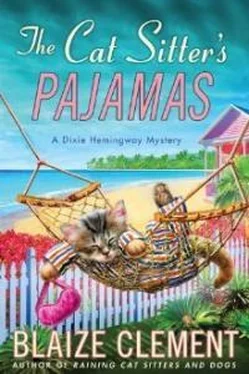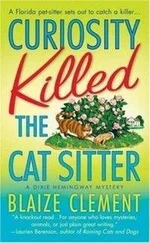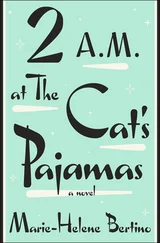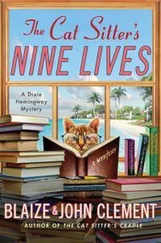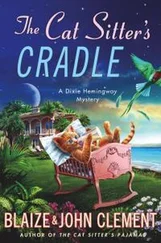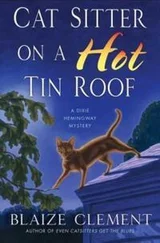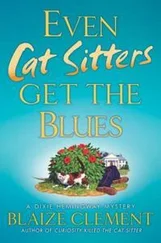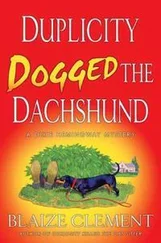Without asking, she topped mine off, too.
The cop said, “Nothing else for me, thanks.”
Judy gave him a megawatt smile, knocking herself out to be charming to the new cop in town, then went away still doing that extra hip-swinging thing.
He said, “My name is Steven.” He said his name with a hint of an accent, almost Stefan.
He removed his dark glasses and looked gravely at me. He had green eyes, which somehow surprised me. You don’t often see truly green eyes. I wondered if he wore colored contacts.
It’s unusual for a law enforcement officer to invite witnesses to get chummy, but I had been so intrigued by his eyes and the way he pronounced his name that I didn’t notice he hadn’t shown me any creds. I just sat there with greasy steam rising from my fries and made nice with Sarasota’s new homicide detective who had probably been born in some other country and who’d sort of been introduced to me by Sergeant Owens. I even felt a bit bountiful about it, the native putting the newbie at ease. If I noticed that his voice had an edge of agate hardness, I put it down to the fact that he was, after all, a homicide detective.
He said, “Why don’t you just tell me what happened yesterday. All of it.”
I was so nervous about my secret meeting with Briana that I talked like somebody hacking at brush with a machete, slashing words right and left, telling him every detail of what I had done at the Trillin house, what Briana had said, what Cupcake had said when I called, going on nonstop and hoping he would be so impressed with all the facts I gave him that he wouldn’t ask what had happened between me and Briana after I left the Trillins’ house.
When I finished the part about taking Elvis and Lucy to the Kitty Haven, he nodded gravely and stayed quiet. Judy swished by to take my empty plate and refill our coffee mugs.
Steven said, “Now tell me the rest.”
“That’s it.”
He made a slicing motion with the edge of his palm, and I stopped with an unspoken word still hanging on my bottom lip.
“Ms. Hemingway, cut the crap. We know you were in contact with Briana, and in case you don’t know it, that makes you an accessory to a crime.”
My mind was still so caught up in the power of words that it trotted after the word “accessory.” I had been reduced to something like a handbag or a belt. A scarf, maybe, an accessory to smarten up something plain and dowdy. But I knew he didn’t mean that kind of accessory. He meant the kind that can cause you to end up doing jail time.
My face went hot, and I took a sip of coffee to stall for time. “She was following me in traffic, and at a red light she ran to my car and asked if she could talk to me. I told her to meet me at the pavilion.”
“Where you provided her with breakfast.”
I tried to smile fetchingly. “Wow, you’ve done your homework!”
He didn’t return the smile. “Tell me what the woman said to you.”
“She said she didn’t kill the woman. She said she went to the bedroom to get dressed and the woman was dead on the living room floor when she came out.”
“What else did she tell you?”
I swallowed. I knew enough about criminal investigations to know that sometimes a detail that seems completely unrelated can be the key to solving a crime. But I also knew that telling this cop that Briana claimed to be an old friend of Cupcake’s would put Cupcake in an untenable position. Cupcake’s reputation and career could be ruined if cops started checking Briana’s story, and I was almost positive she had lied.
I said, “This is something nobody knows. I’m embarrassed to tell it, but it may be important.”
He waited, and it seemed to me that a light sparked in his dark eyes.
“I know where Briana lives. She leases a house in Oleander Acres.”
His eyes never seemed to blink.
He said, “How do you know that?”
“Well, that’s the embarrassing part. I saw her car on the street, and I followed it. She drives a white Jag convertible, and I saw it go by. A man was driving it. He went to a house, and I stopped across the street to look at the house. A neighbor came out to see why I was loitering there—it’s a private street, and I guess they’re careful about strangers—and she told me that some French people live in the house. Briana’s from Switzerland, you know. I think they speak French.”
He still hadn’t blinked. “Ms. Hemingway, if you have any information about this case that you’ve held back, this is the time to tell me.”
My head shake was more like an attack of palsy than denial. “I’m sure you already know that I led Briana to an attorney. Not a defense attorney, but an attorney who’s a friend of mine. He contacted a defense attorney for her.”
I heard myself babbling and prayed that I would shut up soon.
I said, “That’s the last I saw of her. Sergeant Owens said the defense attorney went with her when she turned herself in.”
I thought that was clever of me, to bring Owens into the conversation. Sort of like reminding this guy that I was one of the good guys, a former deputy, a woman on his side of the law.
He gazed at me a moment longer, then slid from the booth and stood up.
He said, “I’ll talk to you again.”
He walked down the aisle of booths, put down money at the cashier stand, and went out the door.
Judy came and stood beside me, watching through the glass door as he walked away.
She said, “You think you and that new cop are going to be as compatible as you were with the hunk?”
By “the hunk” she meant Guidry. She had a malicious grin and an even more malicious glint in her eyes.
I said, “That guy probably wasn’t compatible with his own mother. Not even in the womb.”
I didn’t add that the man I’d just talked to might be Guidry’s replacement, but he had a cold hardness that Guidry had never had. Guidry was tough, and when it came to getting facts he was unrelenting. But he had never looked at me with the unsympathetic eyes that Steven had. It gave me a bad taste in the mouth to consider how men like Steven dealt with people who withheld information from them.
11
I went out and sat in the Bronco and gave myself a good talking-to. I told myself that I was a citizen, and that I had a duty as a citizen to tell anything I knew that might help law enforcement agencies find the person who had killed a woman in Cupcake Trillin’s house while Briana was there.
I rebutted that Cupcake Trillin had been in Italy with his wife when the murder happened, and that he’d had absolutely nothing to do with it. Whether he had or had not known Briana when he was a kid was an extraneous detail that would not shed light on the identity of the killer.
I counterargued that it was important only because he claimed Briana was a complete stranger and that he had no idea why she had been stalking him. If that was a lie, then it could be a vital piece of information.
I snarled that Cupcake was on a plane somewhere over the Atlantic and wouldn’t be home until late that night. I could ask him for the truth when he came home, but in the meantime I had no way of finding out if he’d lied. Furthermore, if I told the investigators what Briana had told me, they would assume there was some nefarious connection between them, and they would be at the airport waiting for Cupcake when he got off the plane. Every reporter in town would already be there, and if they saw officers of the law meeting Cupcake, they would splash it all over the place. And, as Paco had said, no matter what the truth was, Cupcake’s reputation, his marriage, and his career could be seriously damaged by that kind of negative publicity.
I started the Bronco and backed out of my parking place. I wasn’t going to get in touch with the investigators and tell them what Briana had told me, but I didn’t feel good about it.
Читать дальше
